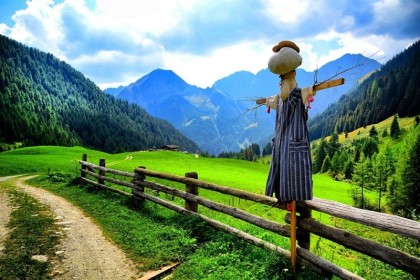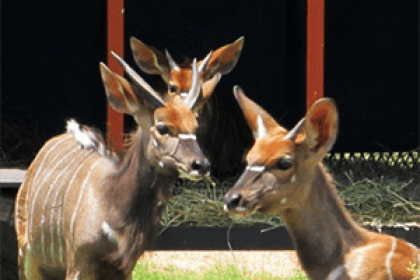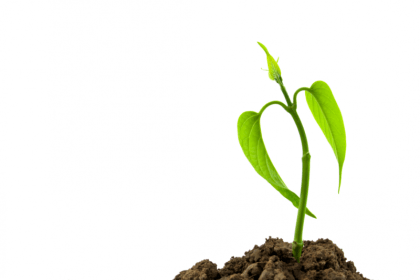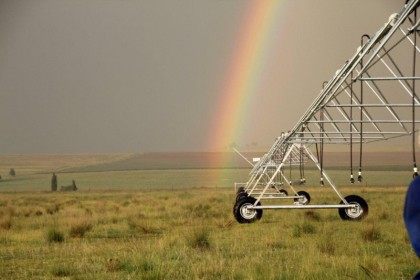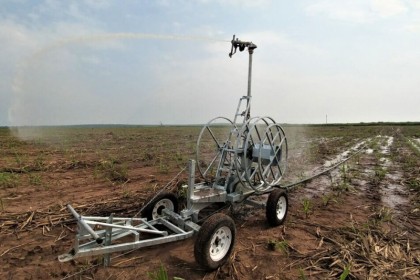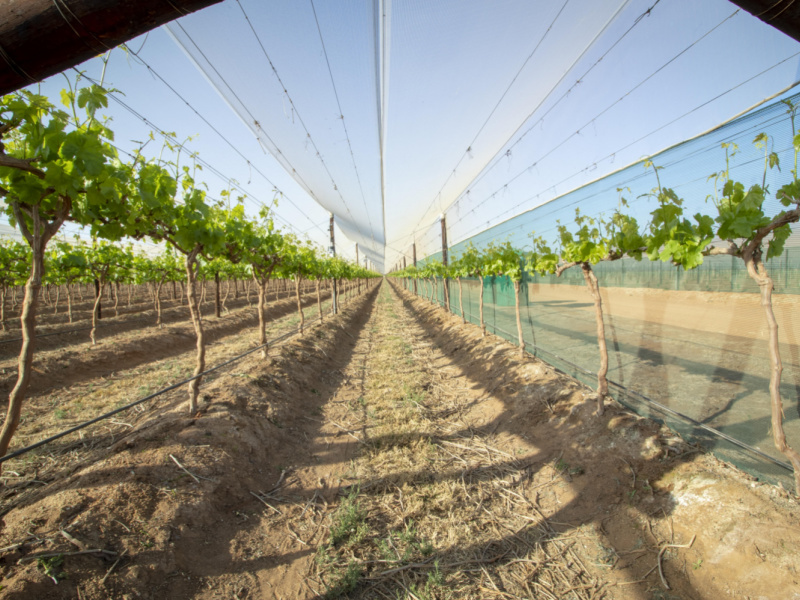
Agricultural Shade Netting in South Africa
Plants, vegetables, and fruits need to be protected from the harsh environments surrounding them. Especially when they are being grown for large scale agricultural purposes. There is no use in growing a crop of which one needs to throw away a large amount, due to environmental conditions spoiling it. There is one simple, yet effective solution to these environmental conditions, and that is the use of shade netting.
In this article, we will discuss shade netting in all its forms, what benefits it can offer farmers, and where one can find agricultural shade netting in South Africa.
What is Shade Netting?
Shade netting is a cloth that has been knitted or woven using a polyethene fabric. It is used within the agricultural sector to provide shade to crops, as well as protect them from other environmental hazards. Depending on the amount of protection required, one can use it as a roof structure to just cover the top of the crop, or one can create tunnels around the crops in question.
There are multiple benefits that shade netting can offer farmers, that will ultimately improve their crop yield. These benefits include:
- Heat: By preventing a certain percentage of the UV rays from shining on the crop, the plants will have a lower chance of experiencing burn damage. The temperature will also drop and the ground will not dry out as quickly.
- Water Usage: As the ground retains more moisture and humidity, there will be less need to water as frequently and thus water usage will decrease. This can, of course, increase cost-efficiency in the long run.
- Wind: Shade nets can also soften the blow from the wind, ensuring that the crop does not experience damage from harsh winds (think about how the winds in Cape Town could affect certain fragile plants).
- Light Control: Some plants prefer a larger exposure to light whereas other plants flourish in the shade. Thus, depending on the thickness of the shade net, the preferred conditions can be created.
- Pests: Pests such as bugs or locusts that feed on the crops in question can be kept away from the plants.
- Diseases: Some diseases such as leaf spot and citrus canker can be prevented by the use of shade netting.
The Significance of the Different Colours Available
There are different colours of shade netting that one can choose from. One might think that this is an aesthetic choice; however, it is actually a practical one. Each colour has different uses, effects, and features.
- Green: This is a very common shade netting colour and is a good middle ground as it does not absorb, nor reflect a large amount of heat and UV rays.
- Blue: This is the colour that scatters light while generating heat for the plants below. It does, however, only let in blue light.
- Black: As you might imagine, black absorbs an immense amount of heat while reflecting the UV rays away from the crop.
- White: White reflects both light and heat, providing a well shaded and cool environment for its crop.
The Importance of Shade Netting Density
There is a wide variety of shade netting densities, and it is important to consider which density you apply to your crop, as this can determine whether your crop is successful or not. The different densities typically available consist of:
- 20%-30%: As this is the most porous variant of shade netting, it should be used on crops that flourish in heat and prefer a lot of light. This can include crops such as peppers and tomatoes.
- 40%-50%: This density is not typically used for food growth as it is suited to flowering plants such as orchids, begonias, and the like.
- 60%: This is a shade net density that is often used for crops that are quite delicate. This can include lettuce, which can wilt and burn easily.
- 70%-90%: This density is perfect for plants that would typically grow in shady areas and suffer from high light exposure. These can include plants such as ferns.
The Best Shade Netting for Vegetables in South Africa
When looking for shade netting that is specially manufactured for agricultural purposes it is important to choose a provider that takes your crop into consideration. PlusNet is such a shade netting provider. They focus on what a crop needs to flourish and tailor their products to improve spectral transmittance while providing the perfect amount of lighting and protection. To find out more about PlusNet, visit the AgrifoodSA directory.








